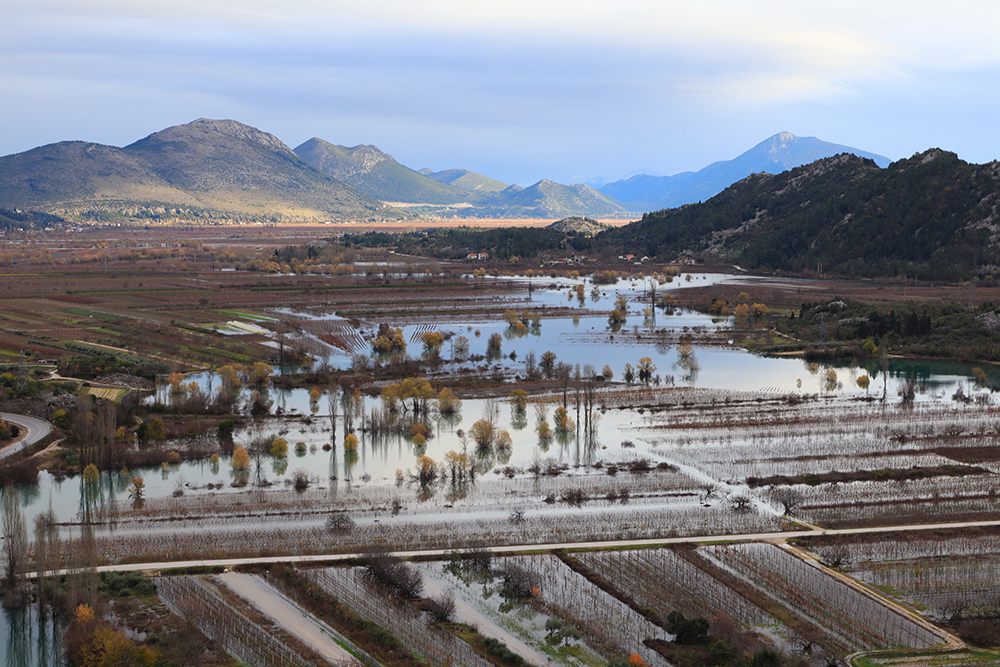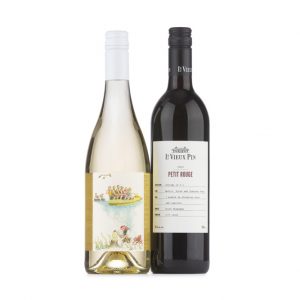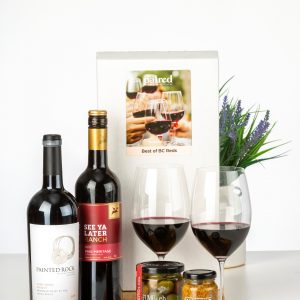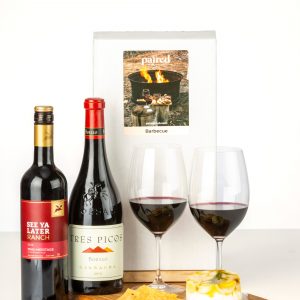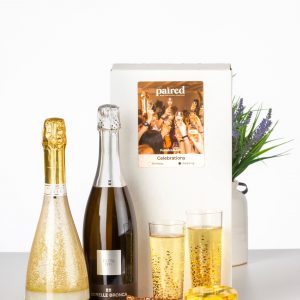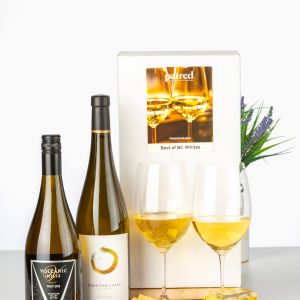Climate change is increasingly getting worse, causing a shift in the way wine is being produced. Wine grapes are an extremely sensitive crop, specifically to temperature and precipitation. These changes in climate can and are affecting the taste and quality of wines globally
When the Industrial Age kicked off in the 1800s, fossil fuels were utilized more and more, and this led to the widespread elimination of forests. Also due to the propensity of the farming industry’s use of agrochemicals, there has been a gradual rise in the average global temperature, a phenomenon known as “global warming”.
To learn more about how climate change is affecting the industry and specifically BC’s wineries, I spoke to Ethan Mohan, Wine Educator at Checkmate Winery.

Checkmate winery is situated in Oliver, British Columbia at the Southern end of the Okanagan Valley.
Harvest smoke taint is at the top of the list for the climatic shift in the Okanagan Valley. Landscape effectively prone to forest fires gives rise to premature melt of the mountainside and enhances flood zones. Primary vegetation holds that base melt traditionally, giving nurture to the slow welcoming of the bud break season. Southern Okanagan fell to the effects in May of 2018. On the smoke taint side, Napa has encountered berries bearing no pigmentation of the epidermis. It’s in these historically warm temperate climates that high volume production will suffer and artisanal craftmanship will be at the forefront of varietal specialization. Signature varietals such as Carmenere, and Pinot Noir will likely no longer be planted, and instead, winemakers will be forced to focus on yields and competitive quality. Hotter seasons classically give rise to higher alcohol wines so we will need to consider this impact as well. Overall, I feel that as long as there is access to water from our water tables, new world wine production will continue to grow. Uniquely, Okanagan Valley wines will be one of the great success stories of New World Winemaking. In particular, Canadian wine will continue to set industry standards and be increasingly recognized on the world stage. With the Canadian Government providing funds for Federal Winery Support Programs in the Federal Budget of 2021, there is a strong positive sentiment in the domestic market. Yes, we are seeing climate change in Western Canada and wine harvests are happening earlier annually, but historically in this industry, a shift in more moderate temperatures can bring opportunity. There is a fine line between producing the perfect 100-point wines and the risk of forest fires wiping out our crops.
Ethan MohenSales and Wine Educator at Checkmate Winery
How is climate change affecting the wine industry globally?
Around the world, winemakers are adapting to and strategizing for shifts in temperature and water shortages. Last year’s terrible frost affected vines throughout the wine-growing regions of France. The deep frosts destroyed buds on grapevines in the vineyards of Bordeaux, Burgundy, the Languedoc, and the Rhône valley. Some co-operatives report damage as high as 90%. With temperatures dropping as low as -50°C, and often for multiple nights, winery workers spent hours in the middle of the night lighting small fires and candles to heat the vines and protect them from freezing, which can also result in damage or destruction of the vines.
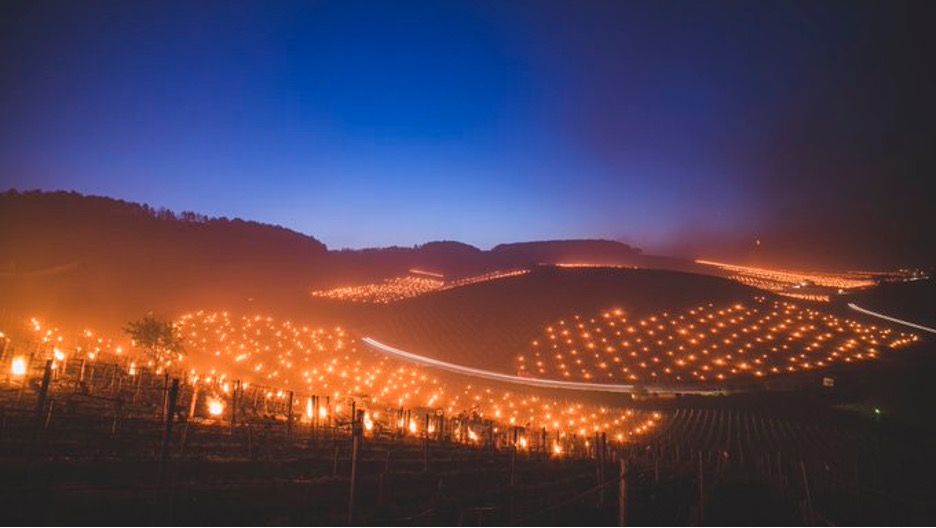
Source: Emmanuel Macron (President of France) posted this photo of winery workers lighting fires and candles in between rows of vines. This eerie, haunting, yet beautiful image shows the efforts made by winemakers to save their harvest.
In Spain, wineries are creating strategies and working with the government to identify and predict shifts in weather and formulating best practices to accommodate these shifts.
Meanwhile in South Africa findings seemed to suggest that wine industry systems should allow for the marketing of specialty wines (e.g. from a single vineyard, or a single estate), but this is not a viable strategy for most wine producers. Furthermore, climate change will lead to volatility in the characteristics that identify different terroirs.
A study in Australia concluded that wine growing quality and production were going to be adversely affected, with inland regions particularly likely to feel these changes and shifts in temperature. The consensus was that action was required now to combat the long-term effects. It was concluded that only a small shift in temperature could have a massively detrimental effect, as wine-growing temperature models allowed for only narrow fluctuations in traditional and historic growing conditions.
Global climate change presents a potential massive crisis for many wine growing regions while presenting opportunities for new regions and new growing areas, such as production in the UK which has seen an explosion in new wineries with well over 500 working wineries now operating.
Here at home, growth in BC has been extremely robust with 17 wineries open in 1997, and now over 350 operating today. It is certainly fair to say globally, that the wine industry has been negatively affected in the short term. More change is coming, and wineries need to adapt, focusing on current and future grape clone choices, latening harvest cycles, vine protection, and the impact of warmer temperatures on drinking choices made by the consumer.
 Allen Ingram is the founder of myWinegenie Applications Ltd. and pairedclub.com and is a professional chef, as well as a Sommelier. His passion for the world’s best wine and food pairings has taken him all over the world for business and pleasure.
Allen Ingram is the founder of myWinegenie Applications Ltd. and pairedclub.com and is a professional chef, as well as a Sommelier. His passion for the world’s best wine and food pairings has taken him all over the world for business and pleasure.

